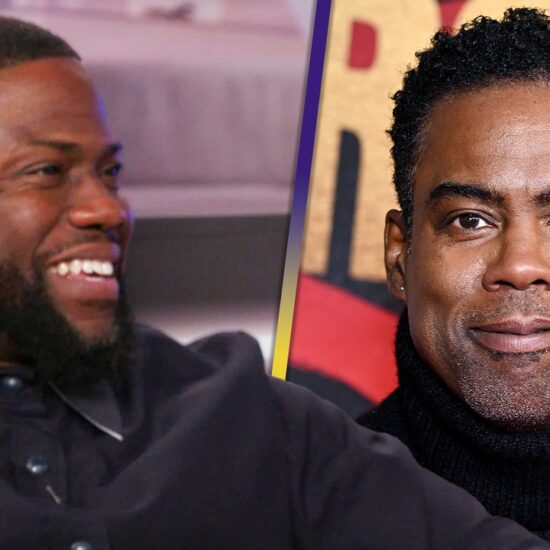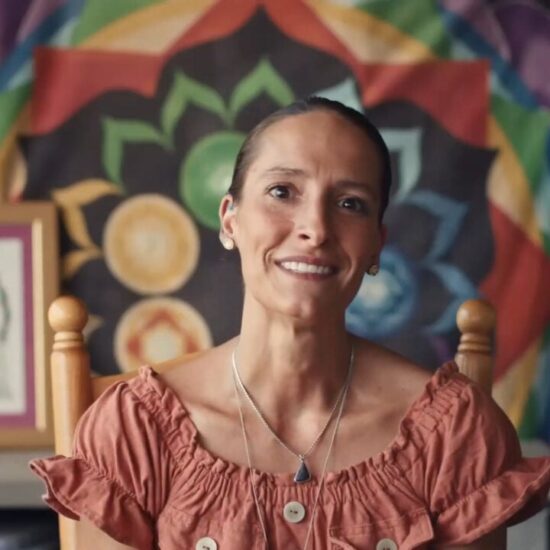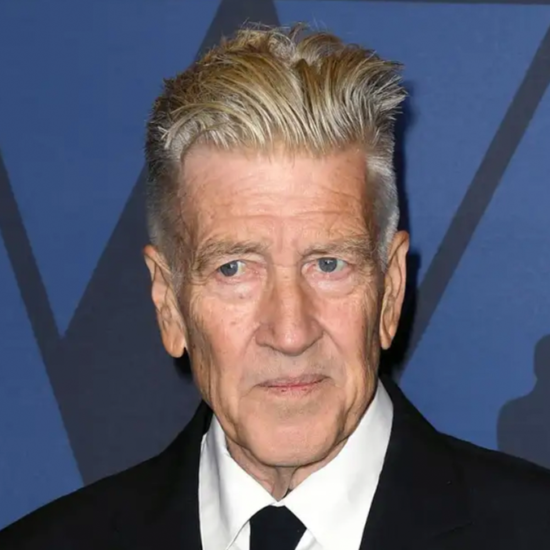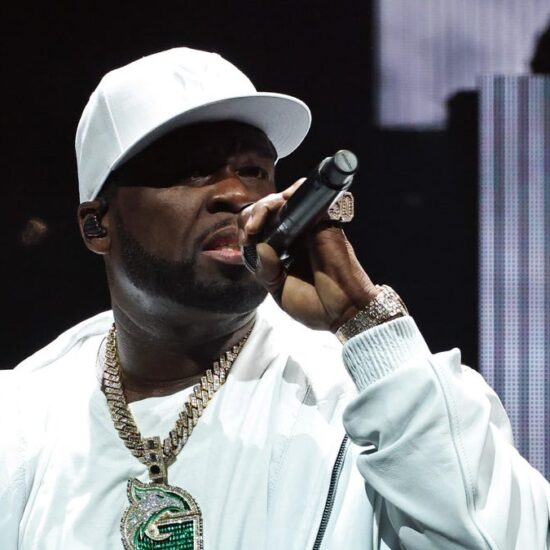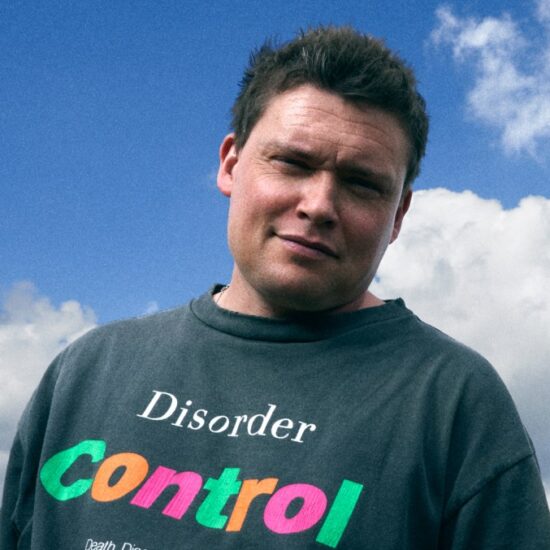
How does one make a documentary about David Bowie, a prolific musician who frequently reinvented himself as a performer, sound great? That was the challenge facing the Emmy-nominated sound crew behind Brett Morgen’s “Moonage Daydream.”
“He’s a unique artistic genius,” points out re-recording mixer David Giammarco. “How do you do something like we’ve never seen before?”
Giammarco worked with fellow nominee Paul Massey and Morgen, writer-director-editor-producer on the documentary, to navigate their way through telling Bowie’s story. Morgen’s vision was not to use talking heads or a narrator.
Instead, he tells the story through archival footage made up of clips, interviews and performances.
Essentially, Bowie is telling his own story in the documentary. And it’s not a conventional bio either; rather, Morgen takes audiences on a musical odyssey. The director spent four years on his assemble and edit. It took another 18 months to construct the ambitious soundtrack.
The film’s soundtrack needed to be mixed in a number of formats including Imax 12.0 and 5.0, Dolby Atmos, 7.1 and 5.1 theatrical as well as Home Atmos 5.1 and stereo.
That was one of the many challenges the team faced: Both the dialogue and music presented itself in a vast array of quality, and it was up to them to make it audible. On “Heroes,” they had access to the 24-track original, but a few tracks needed work.
One such example was Bowie’s 1974 song “Rock ‘n’ Roll With Me,” from “Diamond Dogs.” “It came in at the last minute,” Massey recalls. “It was a two-track, but worse than that, it was a Betacam Superior Performance recording.” While the resolution was enhanced for the time, the quality was mono. “It was horrible.” But it was all they had, “so we made the most of it. We opened it up and turned it into a 7.1 sound mix.”
Bowie’s 1995 song “Hello Spaceboy” features in the film in one of Massey’s favorite sequences. “It was recorded in Tel Aviv, Israel, and David is talking about chaos and how much he loves it and how it shouldn’t be ignored. This recording is so raw. His performance is just punky and full-on, and the band is going crazy, he’s going crazy and the audience is going crazy. So we had a very distorted track.”
While it wasn’t the highest quality audio-wise because of distortion, the team was still able to make it work. “It actually ended up fitting the moment and the emotion of where Brett wanted the audience to be at that moment.”
Giammarco says the sound design and music during this moment illustrates how the two integrate in the documentary. “That particular song is greater than anywhere else in the film,” he says. “The sound design happening is commenting on what’s happening in the scene, but there are sound effects and music, and it’s hard to tell the difference, but it’s musical chaos and artistic chaos.”
Ultimately, “Moonage Daydream” is a visually immersive experience for fans and non-fans alike. And what began as a blank canvas ended up coming together as Massey, Giammarco and Morgen spent time experimenting. “In one sequence, you have a snippet of 1970 Bowie going into 1984 Bowie into 1991 Bowie before leading into ‘Heroes,’” Giammarco notes. “That’s how the music side worked.
“And then there’s dialogue and sound effects, which was a vast template of things,” he continues. “We went through everything and seeing what worked and simply trying things out.”








